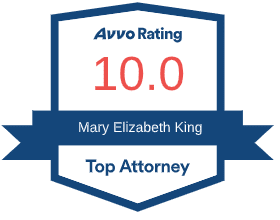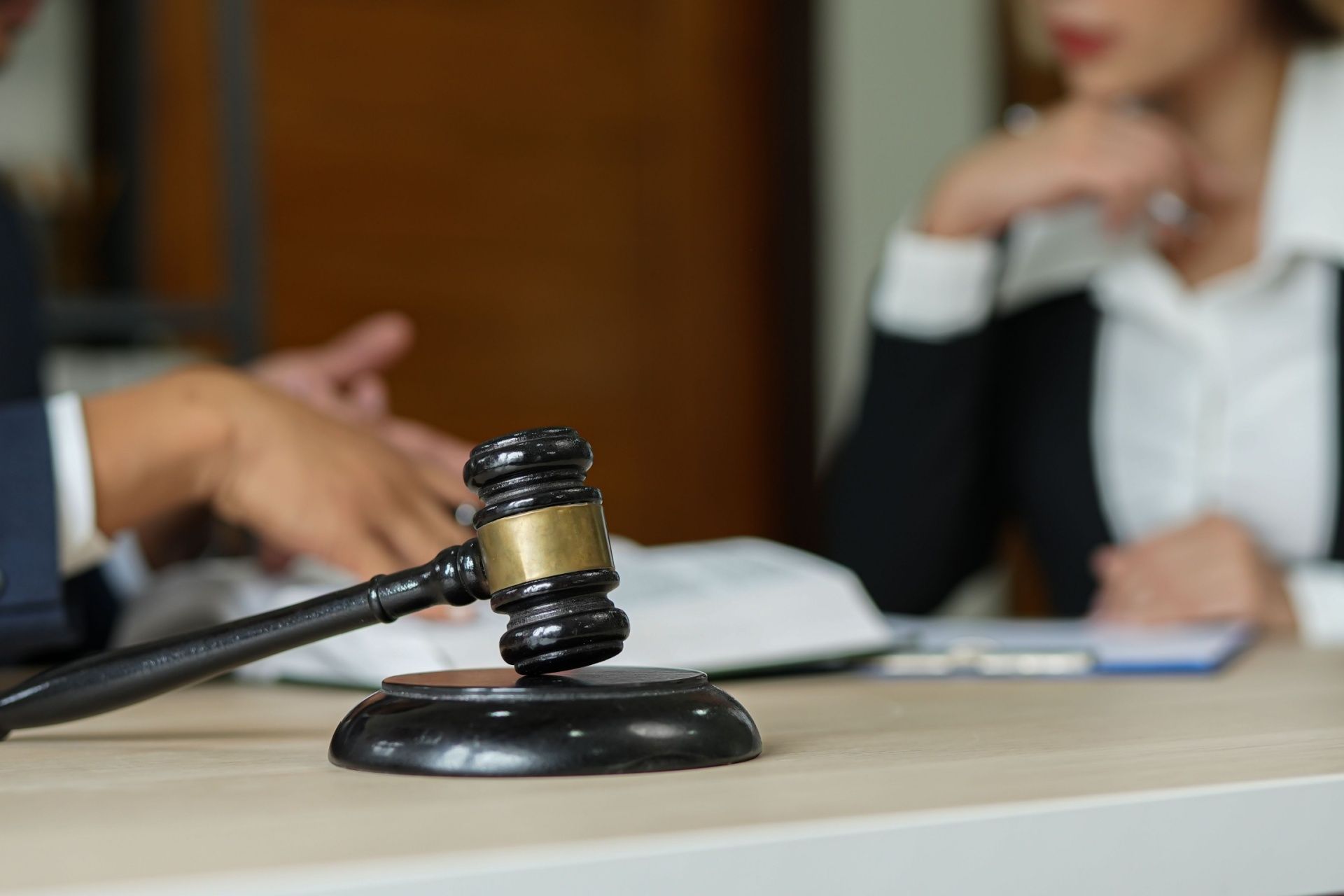Wills And Trusts Lawyer Sarasota, Florida

Sarasota Wills Attorney
Most people have heard of a power of attorney, often in medical dramas on TV, but that doesn’t mean that they have a good understanding of what a power of attorney is or how it’s used.
While you can rely on a Florida power of attorney law firm to understand powers of attorney and how they work, we think it’s helpful for people to know what a power of attorney can be used for on their own.
That way you know when you need one and are more likely to remember that having a power of attorney created is an option when having one might be helpful.
That’s why we’ve put together this quick guide to power to attorney in Sarasota, Florida. Keep reading if you want to learn more about the different kinds of power of attorney, or contact the Law Office of Mary E. King, P.L. if you need to set up a power of attorney here in Sarasota, Florida.
What Is A Power Of Attorney?
In the simplest terms, a will is a legal document naming who will benefit from your trust, your beneficiaries, and what it is they will receive.
In some cases, wills are relatively simple, like in the instance that you want your estate to be equally split between a certain number of beneficiaries.
However, those kinds of cases can be a lot more complicated than they look because of the difficulty of splitting up assets like a family home, vehicles, or other non-fungible assets.
Most of the time a more detailed will that includes exactly what assets each beneficiary will receive can help reduce confusion and make the will easier to execute or fulfill.
You have a lot of control over how detailed your will is, how many beneficiaries you name, and how you want your property to be handled. But you can only exercise that control if you have a will.
Benefits Of Having A Will Lawyer
A lot of people think that a will isn’t necessary if they want their possessions to go to their legal beneficiaries. For instance, if you want your spouse and children to be your primary inheritors, that would happen with or without a will in most places.
That doesn’t mean you don’t need a will though, or that having a will won’t have important benefits.
For one thing, as any wills and trust litigation attorney in Sarasota, Florida will tell you, having a will can greatly reduce the stress on your beneficiaries after your passing. With clear instructions for the executor, there’s less room for argument or bickering over the execution of your will.
The clearer your will’s outline of who gets what, under what circumstances, and what extenuating circumstances affect your beneficiaries, the less likely it is that your beneficiaries will argue about specific provisions of your will or how your wealth and assets should be handled.
Having a will also gives you peace of mind that your mark on the world will be handled properly. Especially if you have more than one child, a blended family, or if there are pre-existing tensions between your beneficiaries, having a will can help make sure those problems don’t mean that your estate is mishandled.
What Happens If I Pass Away Without A Will?
In Florida, there are specific laws about who will inherit, and how much, in the case that someone passes on without leaving a will behind for instructions. In most cases, either your children or your spouse will inherit, and if you don’t have any children or spouse, your estate will go to a close relative, usually either your parents or siblings.
Several extenuating circumstances may change how your estate is handled. For instance, if your spouse had children from another marriage & children in your marriage, then your estate will be split between your spouse and your children, but if your spouse only had children with you they’ll receive the whole of your estate.
The exact disposition of your estate will, without a will, be determined by beneficiary laws in Florida, or the state you were living in at the time of your passing.
Rather than letting the state decide how your estate should be managed, you should work with a wills attorney to hammer out the details ahead of time.
What Is A Living Will?
A living will is separate from the last will and testament that you can use to decide how your assets and possessions will be distributed. The two documents don’t have much overlap, despite the similar name, other than the fact that both can be very important when you’re planning for end of life and how to handle your estate.
Your living will is a document that outlines what you would want in medical situations where you might not be able to make decisions for yourself. You can decide if you would like to have any artificial life-sustaining treatments, or if you would prefer not to have them.
A living will is only used when the individual named in the will is already in one of three conditions:
- They have a terminal illness
- They are in end-stage condition as determined by medical professionals
- They are in a persistent vegetative state
You may have noticed that this doesn’t necessarily cover all of the conditions where you might be unable to make decisions for yourself in a medical setting. That’s partially because there is a difference between a living will and a medical power of attorney, and you may want to have both documents prepared to help protect your end-of-life wishes.
What Is A Trust?
A trust is another common means of transferring assets between you and another person or institution. They can be used to create a trust for a charity, asset protection, or other special needs where a trust makes more sense than adding someone as a beneficiary in your will.
There are two basic kinds of trust, irrevocable (or unchangeable) and revocable trusts. In a revocable trust, you can make yourself one of the trustees to adjust and make changes to the trust as needed. However, in an irrevocable trust, the terms of the trust cannot be changed later.
You’ll need a trust attorney to set up your trust and to make sure all the details are set up so your trust does what you want it to.
Benefits Of Having A Trust
Trusts are another legal vehicle to let you determine how your assets are used, before and after your death. If you’re an active trustee in your trust you can exercise a fair amount of control over the assets you give the trust.
However, one of the advantages of an irrevocable trust is that it isn’t taxable. The assets you give the trust are moved out of your estate, which can be a good way to handle large estates without having as much of a tax burden on your assets before your beneficiaries can inherit.
Need A Wills And Trust Attorney In Sarasota, Florida?
If you’re looking for a wills and trust law firm in Sarasota, Florida, or want a trust attorney Sarasota, Florida, you’re in the right place. At the Law Office of Mary E King, P.L. we understand how important these documents are for your peace of mind and the security of your estate.
We’ll work with you to make sure the details are exact and that you’re happy with the finished document, not to mention making sure it’s legally binding and ready long before you need it.
Recent Posts
Categories
- About Mary
- Client Reviews
- Filing Taxes
- IRS
- IRS Problems
- Local Events
- Paying Taxes
- Plan Ahead
- Tax Attorney
- Tax Debt
- Tax Deductions
- Tax Law
- Tax Obligation
- Tax Preparation
- Tax Reform
- Tax Refund
- Tax Scams
- Taxation













